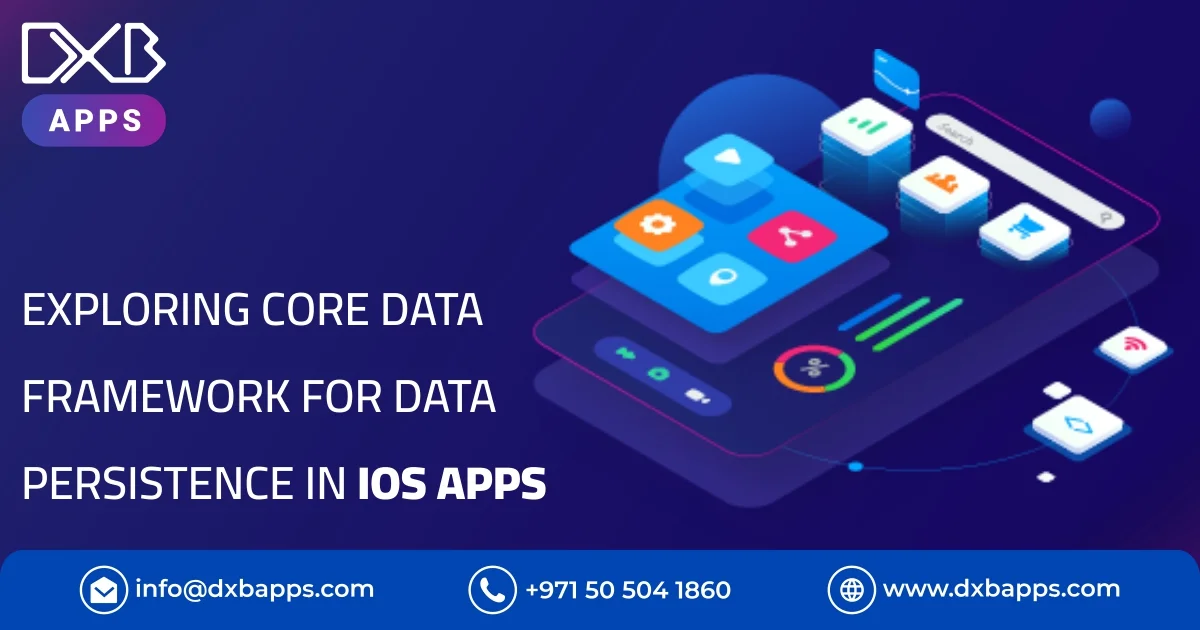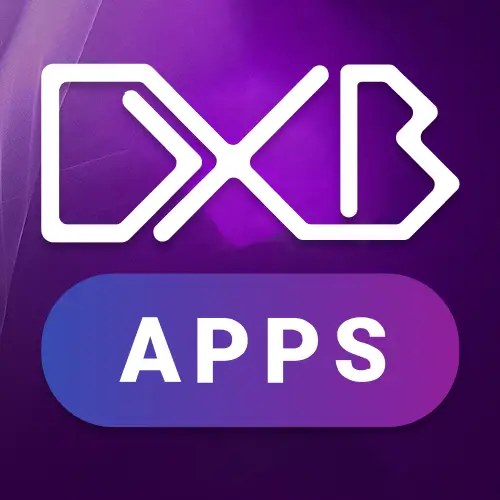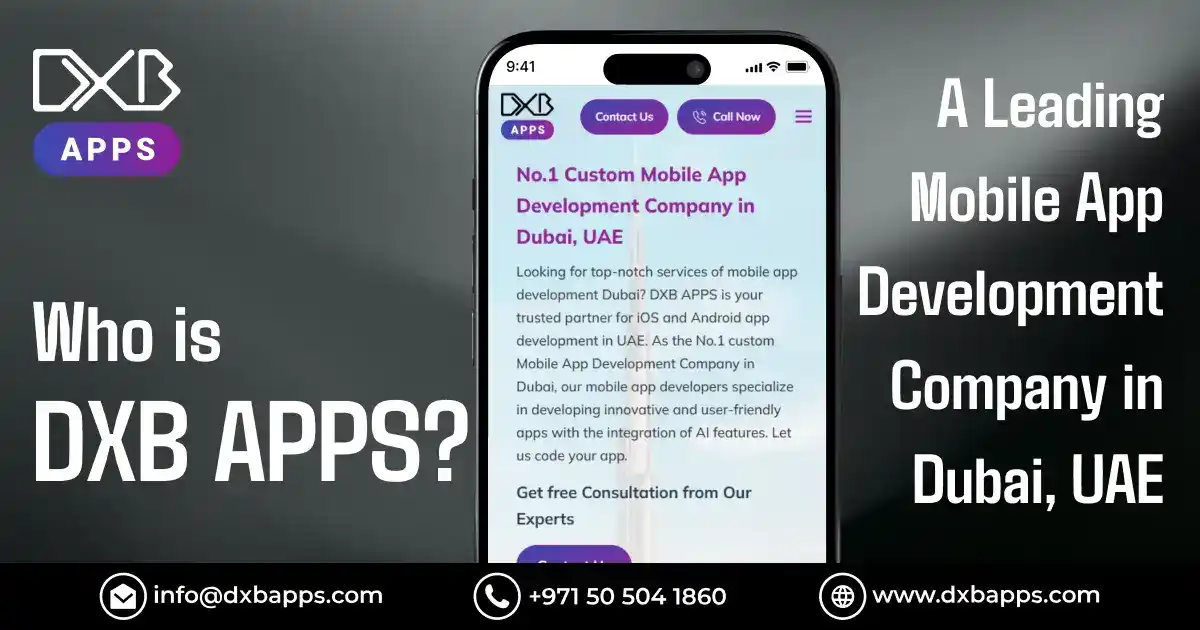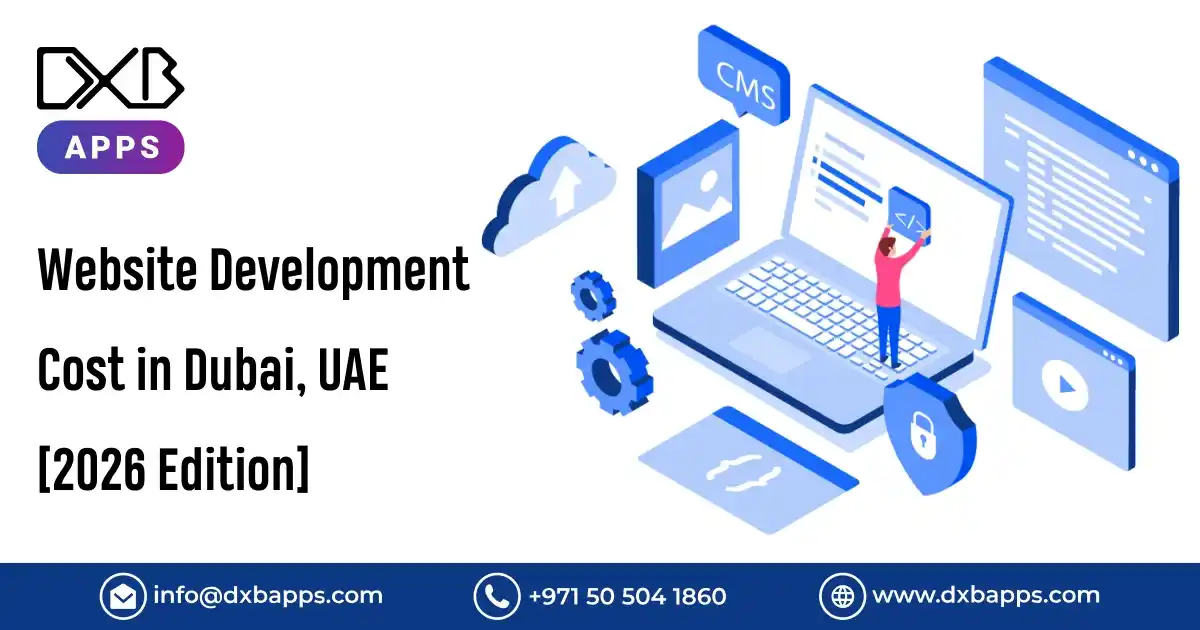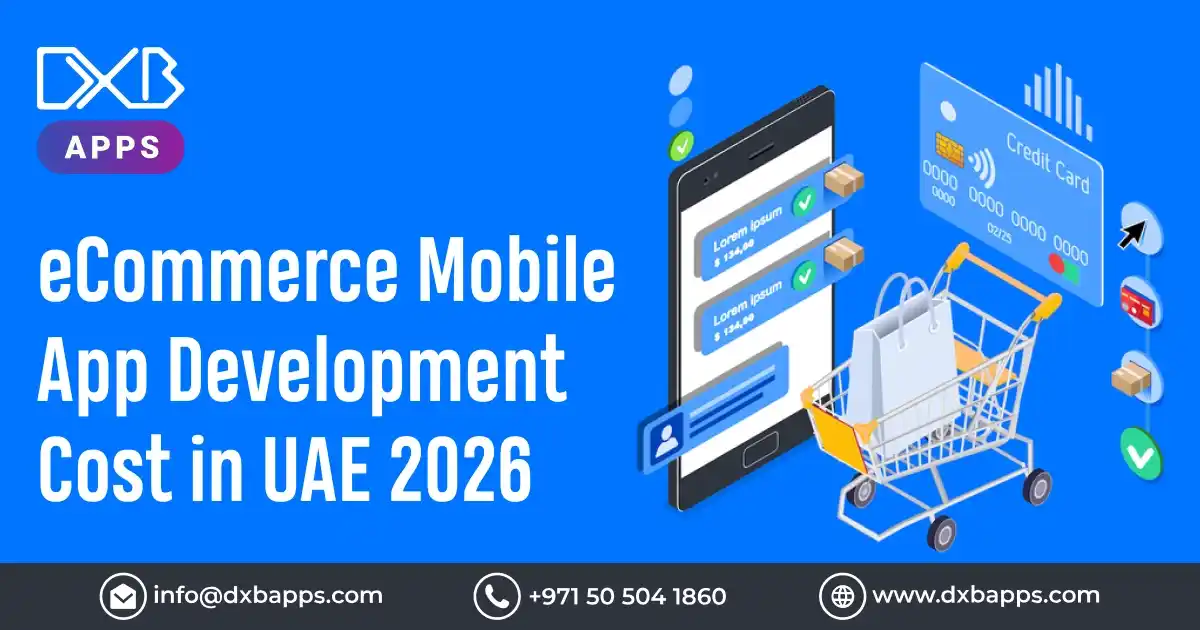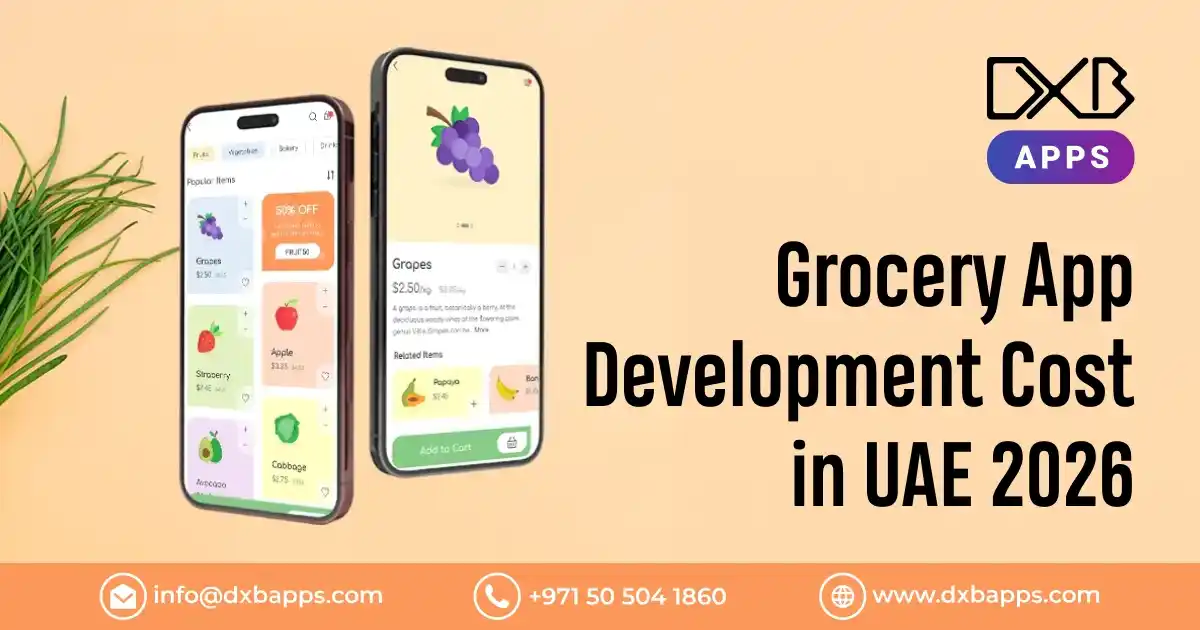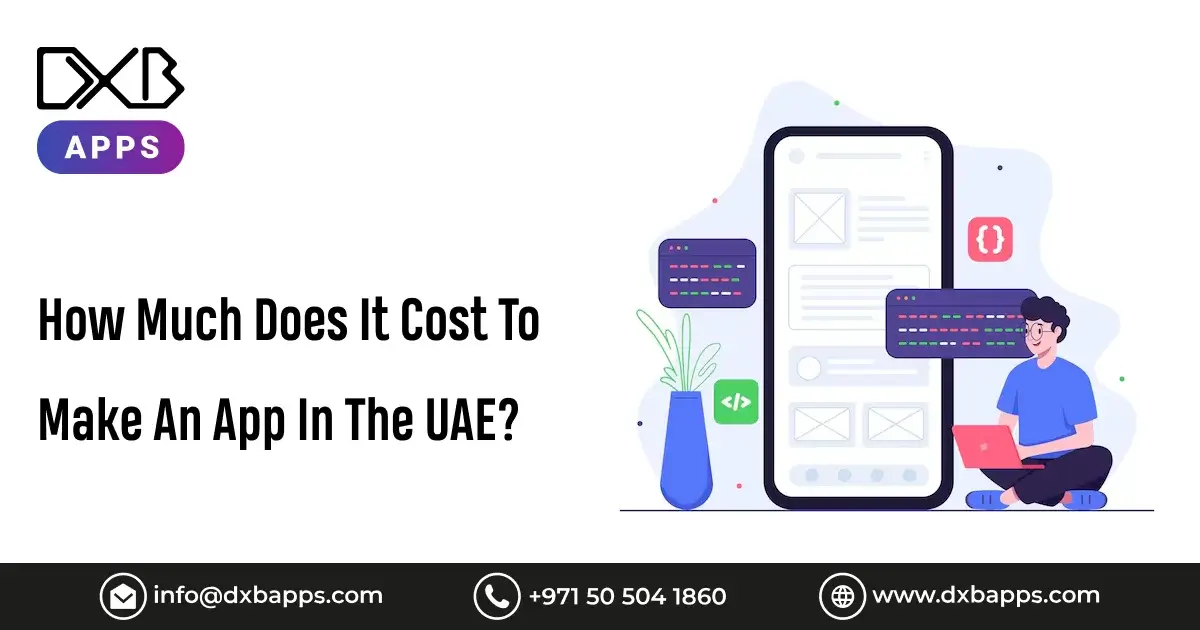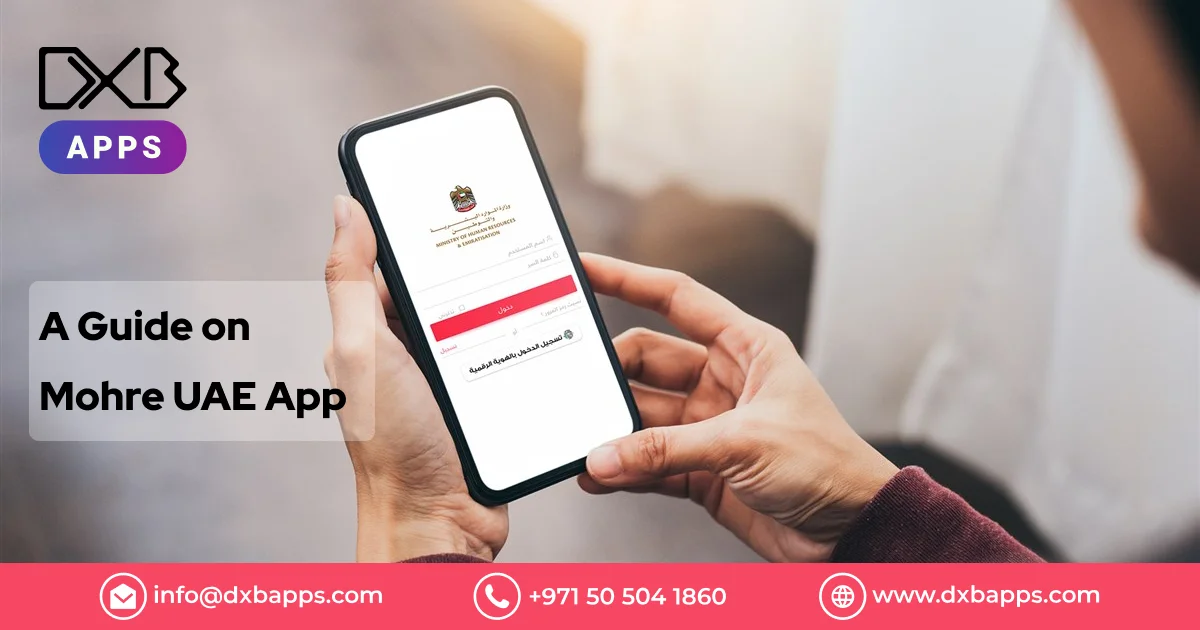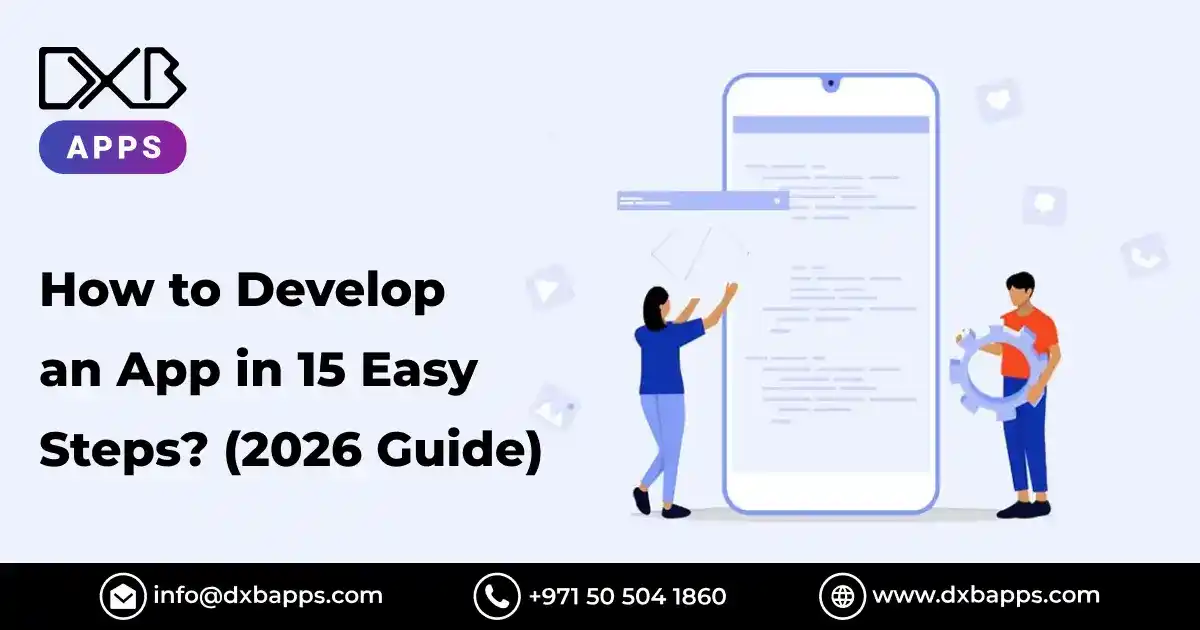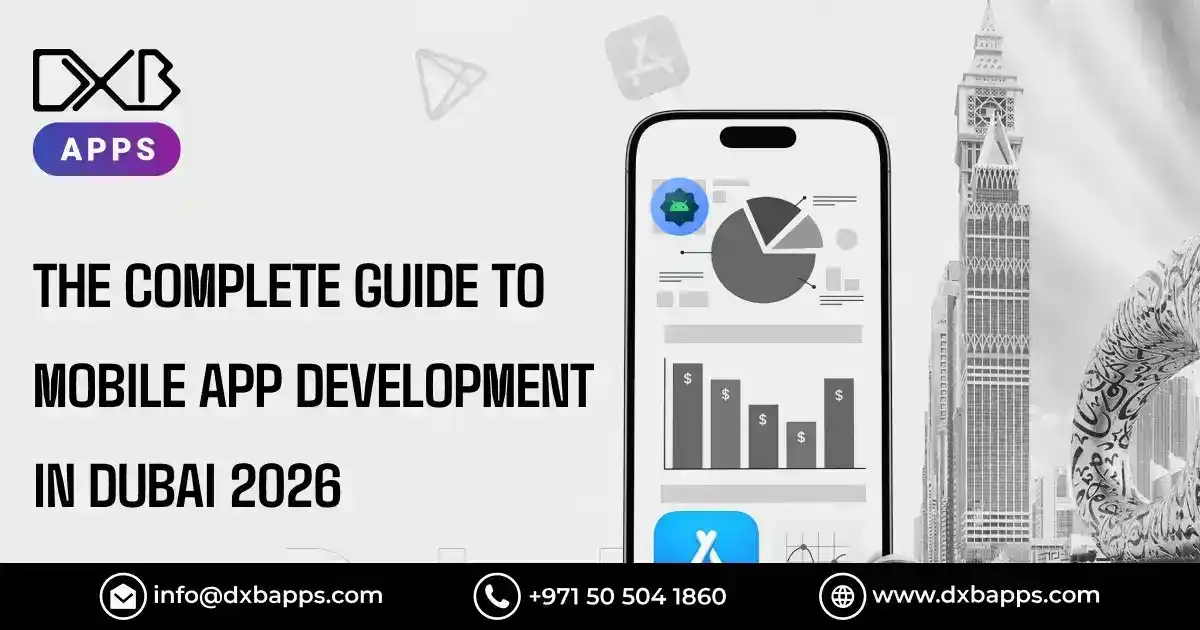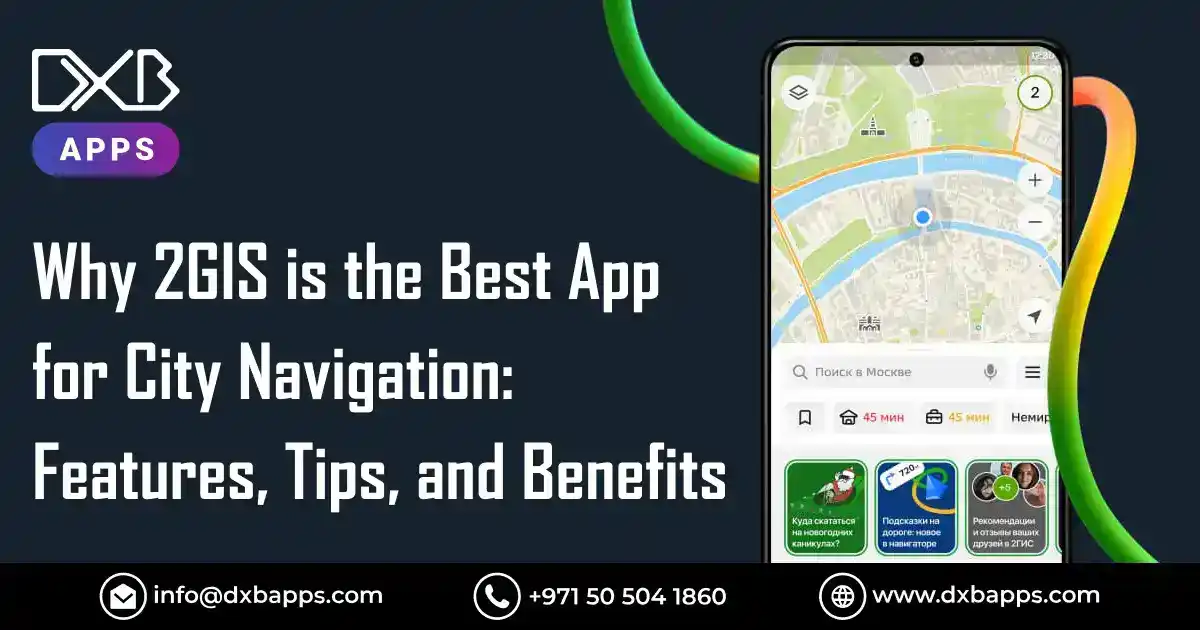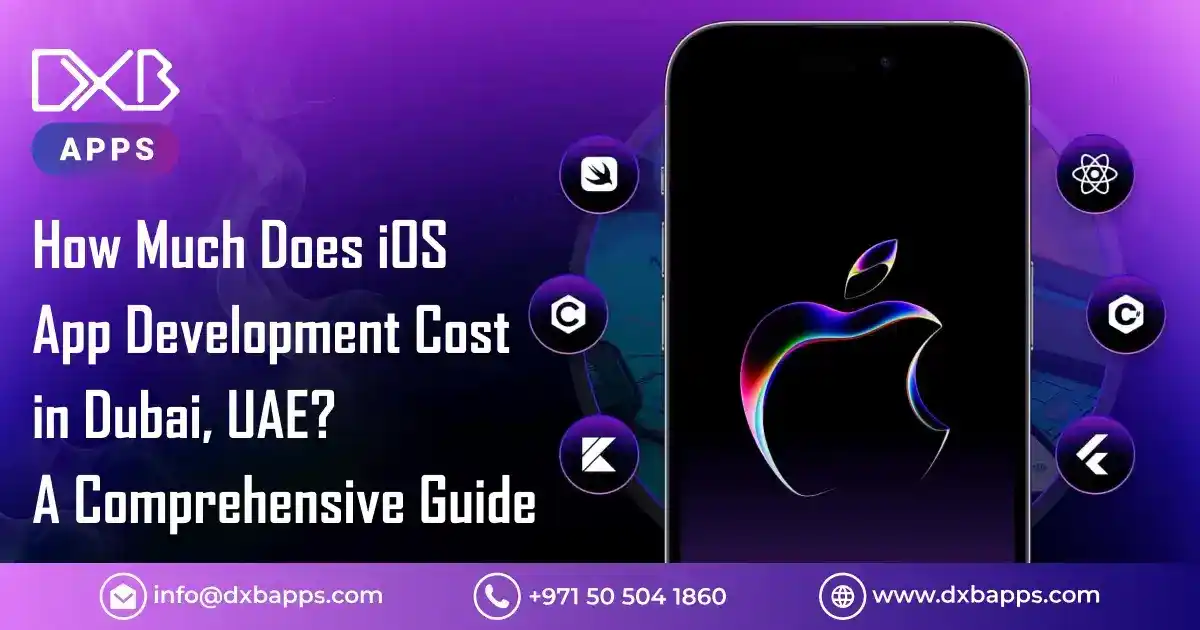Are you looking to build robust and efficient iOS applications that seamlessly handle data storage and management? Look no further! In this article, we will explore the Core Data framework, a powerful tool provided by Apple for data persistence in iOS app development. Whether you are a developer or an enterprise looking to transform digitally, understanding Core Data and its capabilities is essential to create high-quality iOS apps.
Introduction to Core Data
At its core, Core Data is a framework that allows developers to manage object graphs and persist data in iOS applications. It provides a layer of abstraction that simplifies the process of working with complex data models. Core Data supports various data storage options, including SQLite, XML, and binary stores, making it highly flexible and adaptable to different project requirements.
Benefits of Core Data in iOS App Development
1. Simplified Data Management
Core Data offers a high-level interface for managing data, allowing developers to focus on the application logic rather than dealing with low-level data operations. It eliminates the need to write repetitive code for tasks like fetching, sorting, and filtering data, making development more efficient.
2. Automatic Data Model Versioning
With Core Data, managing data model versions becomes effortless. It provides mechanisms to handle data model migrations seamlessly, ensuring data consistency and preventing data loss during app updates. This feature is particularly valuable when your app evolves over time and requires schema modifications.
3. Object-Graph Management
Core Data treats data as objects, allowing developers to work with data in a more intuitive and object-oriented manner. It provides powerful features such as relationships, faulting, and lazy loading, which enhance memory management and improve performance. The object graph management capabilities of Core Data simplify the handling of complex data models and their associations.
4. Built-in Undo and Redo Support
One of the notable advantages of Core Data is its built-in support for undo and redo operations. This feature is invaluable when working with user-generated data, as it allows users to revert changes easily. Core Data tracks changes to managed objects and provides a robust mechanism to undo and redo these changes.
Exploring the Model Layer of an iOS App
In the context of iOS app development, the model layer represents the data structure and business logic of an application. Core Data serves as a powerful foundation for implementing the model layer, enabling developers to design and manage the application's data model efficiently.
Defining the Data Model with Swift
When using Swift, Core Data leverages the language's features to simplify the creation and management of the data model. You can define entities, attributes, and relationships using Swift code, making it easier to visualize and understand the data structure.
Defining the Data Model with Objective-C
For developers working with Objective-C, Core Data provides a similar experience for defining the data model. Objective-C syntax allows you to create entities, attributes, and relationships, providing a familiar approach to building the model layer.
Core Data in the Context of iOS App Development in Dubai
Dubai, known for its technological advancements and thriving business environment, presents a lucrative market for mobile app development. Enterprises and businesses in Dubai are actively seeking digital transformation solutions, and iOS app development plays a vital role in this journey. By harnessing the power of Core Data, developers in Dubai can build feature-rich iOS applications that meet the demands of the local market.
DXB Apps: Your Partner in Mobile App Development
If you are looking for a reliable mobile app development company in Dubai, DXB Apps is here to assist you. With our expertise in iOS app development and our in-depth knowledge of Core Data, we can help you create cutting-edge applications that cater to the specific needs of your business.
Our services go beyond iOS app development. We also specialize in Android, hybrid, and cross-platform app development, ensuring that your app reaches a broader audience across multiple platforms. By incorporating advanced technologies and industry best practices, we deliver high-quality solutions that drive digital transformation for enterprises and businesses in Dubai.
Advantages of Using Core Data in iOS App Development
Let's dive deeper into the advantages that Core Data brings to iOS app development, specifically in the context of Dubai's market.
1. Increased Performance and Efficiency
Core Data's efficient memory management and lazy loading capabilities contribute to improved performance in iOS apps. By faulting objects and loading data on demand, Core Data minimizes the memory footprint of your app and enhances its responsiveness. In a competitive market like Dubai, where users expect fast and smooth experiences, Core Data can give your app an edge.
2. Seamless Integration with Other iOS Frameworks
Core Data seamlessly integrates with other iOS frameworks, such as UIKit and SwiftUI, making it easier to build comprehensive and cohesive applications. Whether you're developing a business app or an e-commerce platform, Core Data's compatibility with various frameworks allows for seamless data flow and a unified user experience.
3. Data Security and Integrity
Dubai's enterprises and businesses prioritize data security and integrity. Core Data addresses these concerns by providing built-in data validation and encryption features. You can define constraints, enforce data rules, and secure sensitive information using Core Data's encryption capabilities. This ensures that your app complies with data protection regulations and builds trust among your users.
4. Simplified Data Migration and Syncing
As businesses evolve, their app requirements change, necessitating data model modifications and migrations. Core Data simplifies this process by offering lightweight migration options and syncing capabilities. Whether you're expanding your app's features or scaling it to accommodate more users, Core Data provides mechanisms to seamlessly transition your data model without disruptions.
Conclusion
In conclusion, Core Data is a powerful framework for data persistence in iOS app development. Its ability to simplify data management, support automatic data model versioning, manage object graphs, and provide built-in undo and redo support makes it an invaluable tool for developers. Whether you are developing an iOS app in Dubai or anywhere else, leveraging Core Data can significantly enhance the functionality and performance of your application.
Partner with DXB Apps, the leading mobile app development company in Dubai, to unlock the full potential of Core Data and transform your business digitally.
Frequently Asked Questions
What is Core Data?
Core Data is a framework provided by Apple for data persistence and management in iOS app development. It simplifies data operations and provides features like automatic versioning and object-graph management.
Why is Core Data important in iOS app development?
Core Data simplifies data management, handles data model versioning, manages complex object graphs, and offers built-in undo and redo support. These features make it crucial for building efficient and scalable iOS applications.
How does Core Data benefit developers?
Core Data eliminates the need for writing repetitive code for data operations, provides a high-level interface for working with data, and simplifies the management of complex data models.
Can Core Data be used in Android app development?
Core Data is specific to iOS app development. However, Android has its own persistence frameworks, such as Room and SQLite, which serve similar purposes.
How can DXB Apps help with mobile app development in Dubai?
DXB Apps is a leading mobile app development company in Dubai that specializes in iOS, Android, hybrid, and cross-platform app development. We provide end-to-end solutions to transform businesses digitally and deliver high-quality mobile applications.

